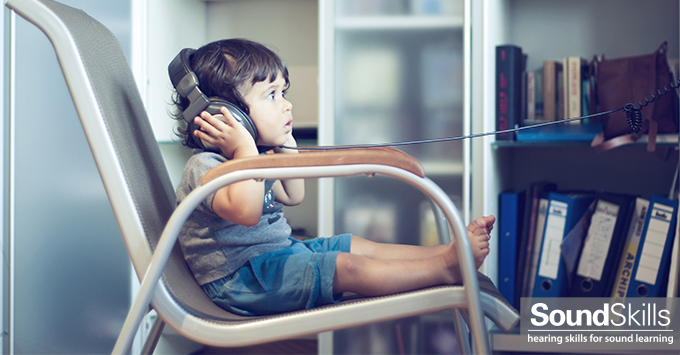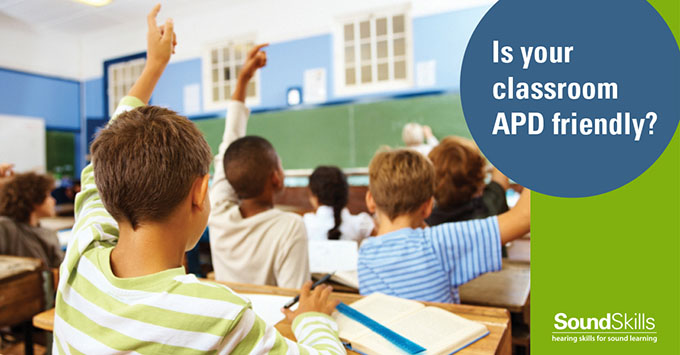Early intervention is a key tenet in audiology, except when it comes to Auditory Processing Disorder. This case study report argues that early intervention, with appropriate cautions, is also possible for children with APD.
Dr Bill Keith is Director of SoundSkills APD Clinic. Dr Suzanne Purdy is Professor and Head, Discipline of Speech Science, School of Psychology at the University of Auckland. The other co-authors are members of the SoundSkills APD Clinic multi-disciplinary team.
Balancing diagnostic considerations and the benefits of early intervention in the management of Auditory Processing Disorder: A case study report
Published in the New Zealand Audiological Society Bulletin, July 2014, 24:2, 11-22
William Keith, Suzanne C. Purdy, Anne Toth, Emma Russell, Chloe Young, Isabella Wojciechowski, Jenny Coutts, Jill Tyler
The SoundSkills project to develop a scalable model multi-disciplinary specialist auditory processing disorder (APD) clinic is in its fifth year. One of the many issues faced is the lower age limit at which APD can be diagnosed and intervention initiated. At our free monthly APD seminars for parents and professionals we often ask the question At what age have you heard APD can be diagnosed? The answer is usually seven years. This is a common belief and practice though some clinics in New Zealand and overseas only see APD cases from age eight. The belief that management of APD should be deferred until age seven is attributed to three factors. Firstly, some early APD tests were only normed on children down to age seven. Secondly, parts of the central auditory nervous system do not fully mature until adolescence or young adulthood, especially in the case of myelination of the corpus callosum which can continue into the early 20s (Yap et al, 2013). Thirdly, and in part because of these maturational factors, behavioural measures on young children show greater variability than behavioural measures on older children; hence behavioural test results on young children have to be interpreted with caution. However, these factors do not impede early intervention for other types of deafness.
In fact several APD tests and auditory skill assessment tools have norms for children younger than seven. These tools enable assessment of some auditory skills from age three or three years six months upwards with the proviso that it is important to keep in mind the variables mentioned above and cautions about making a definitive diagnosis in young children. Suspected diagnosis of APD in children below the usual age range for testing is qualified by SoundSkills as being at risk for, provisional, or criteria for diagnosis not met but auditory skill deficits are confirmed. Follow-up is scheduled to enable more comprehensive and definitive testing when the child is older.
Fortunately APD treatments are not harmful and generally are of benefit to most children. Hence early intervention when auditory deficits are suspected is very feasible. This paper presents two case studies on intervention in cases of suspected APD in young children.
Download the full article here


